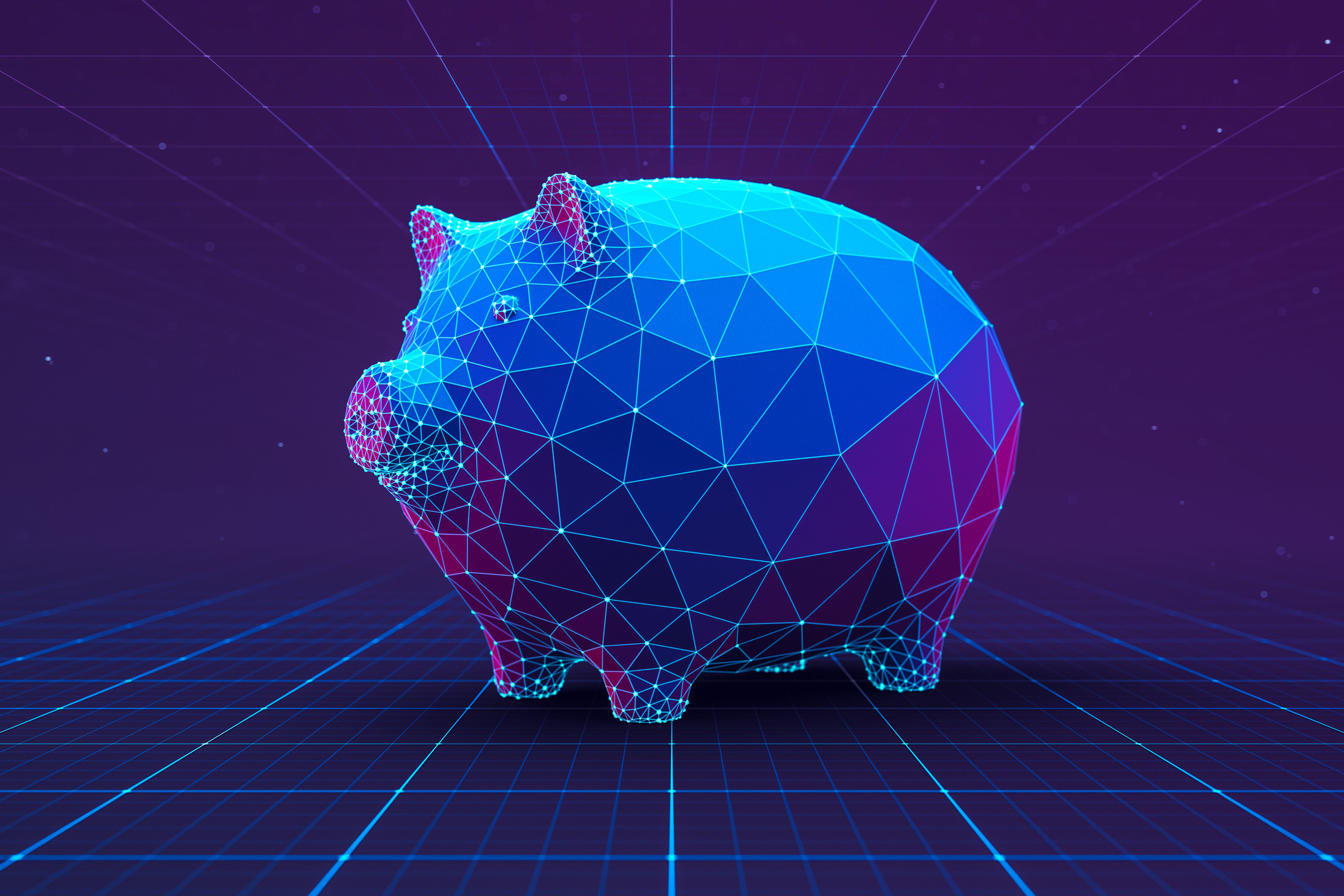Understanding Cryptocurrency and Token Gaming
DM
Understanding Cryptocurrency
In recent years, cryptocurrency has transformed from a niche topic to a mainstream phenomenon. At its core, cryptocurrency is a digital or virtual currency that uses cryptography for security. Unlike traditional currencies, cryptocurrencies operate on decentralized systems, typically through blockchain technology, which ensures transparency and reduces the risk of fraud.
Bitcoin, the first and most well-known cryptocurrency, was introduced in 2009. Since then, thousands of alternative cryptocurrencies, often referred to as altcoins, have entered the market. Each of these digital currencies offers unique features and potential applications, from smart contracts to decentralized finance (DeFi).

How Cryptocurrency Works
Cryptocurrencies leverage blockchain technology—a distributed ledger that records all transactions across a network of computers. This decentralized structure ensures that no single entity has control over the entire network, enhancing security and trust among users. Transactions are verified by network participants known as miners who solve complex mathematical problems, a process called mining.
Once a transaction is verified, it is added to the blockchain, creating a permanent and immutable record. Users store their cryptocurrency in digital wallets, which come in various forms such as hardware, software, and online platforms. These wallets are secured with private keys, granting users access to their digital assets.

Introduction to Token Gaming
Token gaming represents a revolutionary fusion of blockchain technology and gaming. In this digital landscape, players earn or purchase tokens that can be used within games or traded on cryptocurrency exchanges. These tokens often serve as in-game currency, allowing players to buy items, unlock levels, or customize characters.
Many token-based games integrate non-fungible tokens (NFTs), which are unique digital assets representing ownership of specific items or experiences within the game. NFTs have gained immense popularity due to their ability to provide verifiable ownership and scarcity in the digital world.

The Benefits of Token Gaming
Token gaming offers several advantages over traditional gaming models. First and foremost is ownership. Players can truly own their in-game assets and trade them freely with other players, creating a dynamic and player-driven economy. This sense of ownership extends beyond the game itself, as players can sell their assets for real-world money on various marketplaces.
Moreover, token gaming encourages innovation and creativity among developers. By utilizing blockchain technology, developers can create more transparent and secure gaming environments. This transparency builds trust among players and fosters a more engaged community.

The Future of Cryptocurrency and Token Gaming
The future of cryptocurrency and token gaming appears bright as both industries continue to evolve and intersect. The increasing adoption of blockchain technology suggests that more industries will explore its potential applications, leading to new use cases and innovations.
As regulatory frameworks around cryptocurrencies become more defined, we can expect increased stability in the market, attracting more investors and developers to explore these technologies. Additionally, the rise of the metaverse—an interconnected virtual world—could further accelerate the growth of token gaming as players seek immersive digital experiences.
In conclusion, the understanding of cryptocurrency and token gaming is crucial for anyone interested in the future of finance and entertainment. By keeping an eye on these trends, individuals can better navigate the rapidly changing digital landscape and capitalize on the opportunities it presents.
